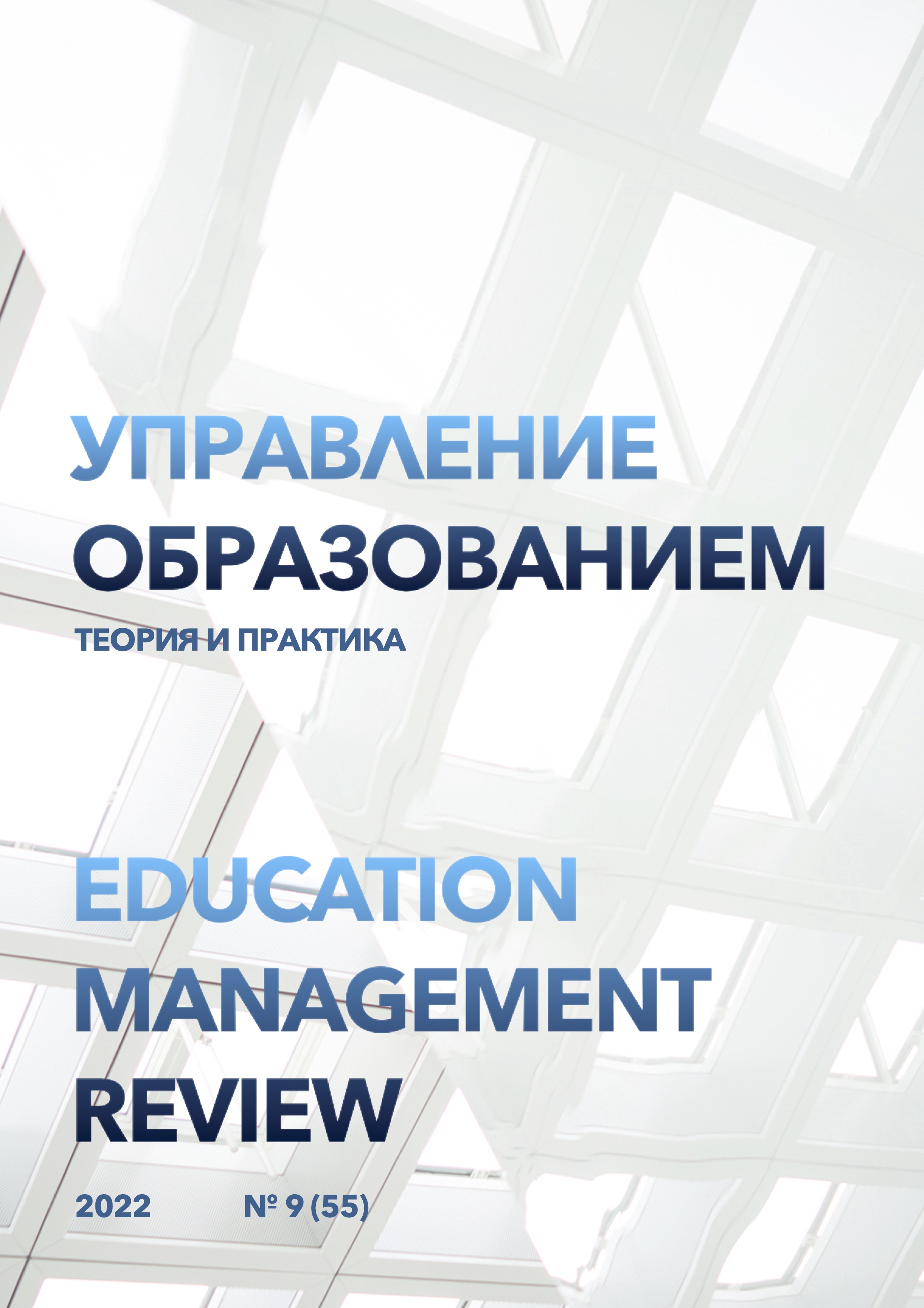Semantic explication of the phenomenon of "continuing education": the essence, purpose, functions, stages, manifestation at the levels of principle and process
DOI:
https://doi.org/10.25726/a7070-3402-9777-dKeywords:
сontinuing education, process, levels of principle, researchAbstract
In the 70s of the twentieth century, continuing education in the rank of a progressive idea acquired legislative certainty in a number of UNESCO documents and in the US law (Lifelong Learning Act; 1976) as lifelong learning. Throughout the 70-90s of the twentieth century, continuing education was practically implemented on the basis of the principles of the concept of T. Husen (Husen T. The Learning Society. L.; Methuen, 1974) "The society that learns" (learning society). Highlighting the dominant emphasis in the disclosure of the essence of continuing education as a complex phenomenon provides for an emphasis on the consideration of continuing education both as a principle and as a process. We detail the specified. In particular, continuing education, acting as the most important socio pedagogical principle, "reflects the current trend of building education as an integral system that is aimed at personal development and is a condition for social progress. In fact, we are talking about a new look at education, a new approach to understanding the importance of education in modern life." The consideration of continuing education as a process requires the definition of a number of principles, in compliance with which continuous education is built.
References
Авдеева С.М. О подходах к оценке информационно-коммуникационной компетентности выпускников основной школы // Образовательная политика. 2012. № 4 (60). С. 102-111.
Барышникова Е.В. Психологическая безопасность предметно-развивающей среды в дошкольной образовательной организации // АНИ: педагогика и психология. 2018. №3 (24). C. 259-263.
Валиев И.Н. Влияние интернета на сознание и психику молодежи // Научный электронный журнал Меридиан, 2020. № 1 (35). С. 231-233.
Данильчук Е.В., Петрова Т.М. Дистанционные образовательные технологии сущность и перспективы развития // Труд и социальные отношения. 2008. №2 С. 294-297.
Ильин Г.Л. Развивающее обучение или развивающее образование? // Педагогика и психология образования. 2009. № 4. С. 90-101.
Коротаева Е.В. Образовательные технологии в педагогическом взаимодействии : учебное пособие для вузов. 2-е изд., перераб. и доп. М.: Издательство Юрайт, 2022. 181 с.
Отекина Н.Е. Электронное обучение, дистанционные образовательные технологии //Инновационная наука. 2017. №4-2. С. 127-128.
Попова С.Ю., Пронина Е.В. Современные образовательные технологии. Кейс-стади : учебное пособие для вузов. 2-е изд., испр. и доп. М.: Издательство Юрайт, 2022. 126 с.
Современные образовательные технологии: учебное пособие для вузов / Л.Л. Рыбцова и др.; под общей редакцией Л.Л. Рыбцовой. М.: Издательство Юрайт, 2021. 92с.




